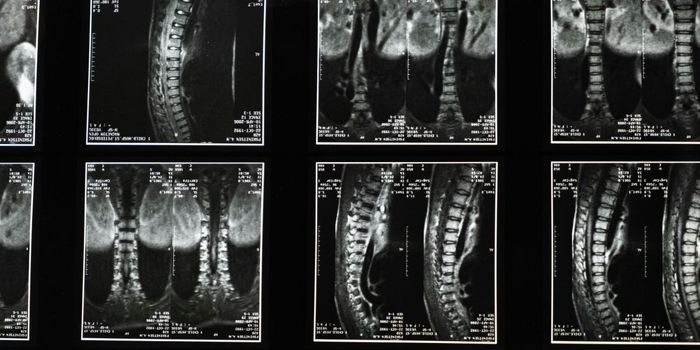Firefighters At A Greater Risk for Blood Clots and Heart Attack
It comes to no surprise that the extreme temperatures and and labor experienced by firefighters take a toll on their cardiovascular health, and a new study from the American Heart Association quantifies this risk relationship to increase awareness of the unique needs of firefighters.
Firefighters, more so than people with other occupations, face unique consequences due to regular exposure to intense heat and extreme physical challenges. These undesirable conditions cause damage to the heart muscle, which makes formation of blood clots and blood vessel dysfunction are more likely, and in turn increases their risk of heart attack.
“In this setting an increase in blood clotting is likely an exaggerated normal physiological reaction to both these stressors," explained lead researcher Nicholas Mills, MD, PhD. Adverse cardiac events are the leading cause of death among firefighters in the United States.
Mills and his team enrolled 19 nonsmoking, healthy firefighters in their study, where the participants participated in two fire simulation exercises separated by one week. The simulations included temperatures up to 753 degrees Fahrenheit and a rescue of a 176-pound “victim” from a two-story structure. Before, during, and after the simulation, the participants’ heart rate and blood pressure were monitored.
After seeing blood pressure drops and blood vessel dysfunction in their analysis, Mills attributed the effects to “dehydration and an increase in blood being diverted to the skin to help the body cool down.”
Because of this connection, Mills believes that health professionals should be more proactive concerning firefighters’ health. "This new study should encourage practitioners to aggressively evaluate and treat firefighters for cardiovascular disease risk factors,” he said. “And when indicated, perform additional studies, such as exercise stress testing, coronary artery calcium scans or echocardiography, to detect atherosclerosis or cardiac enlargement.”
The present study was published in the journal Circulation.









